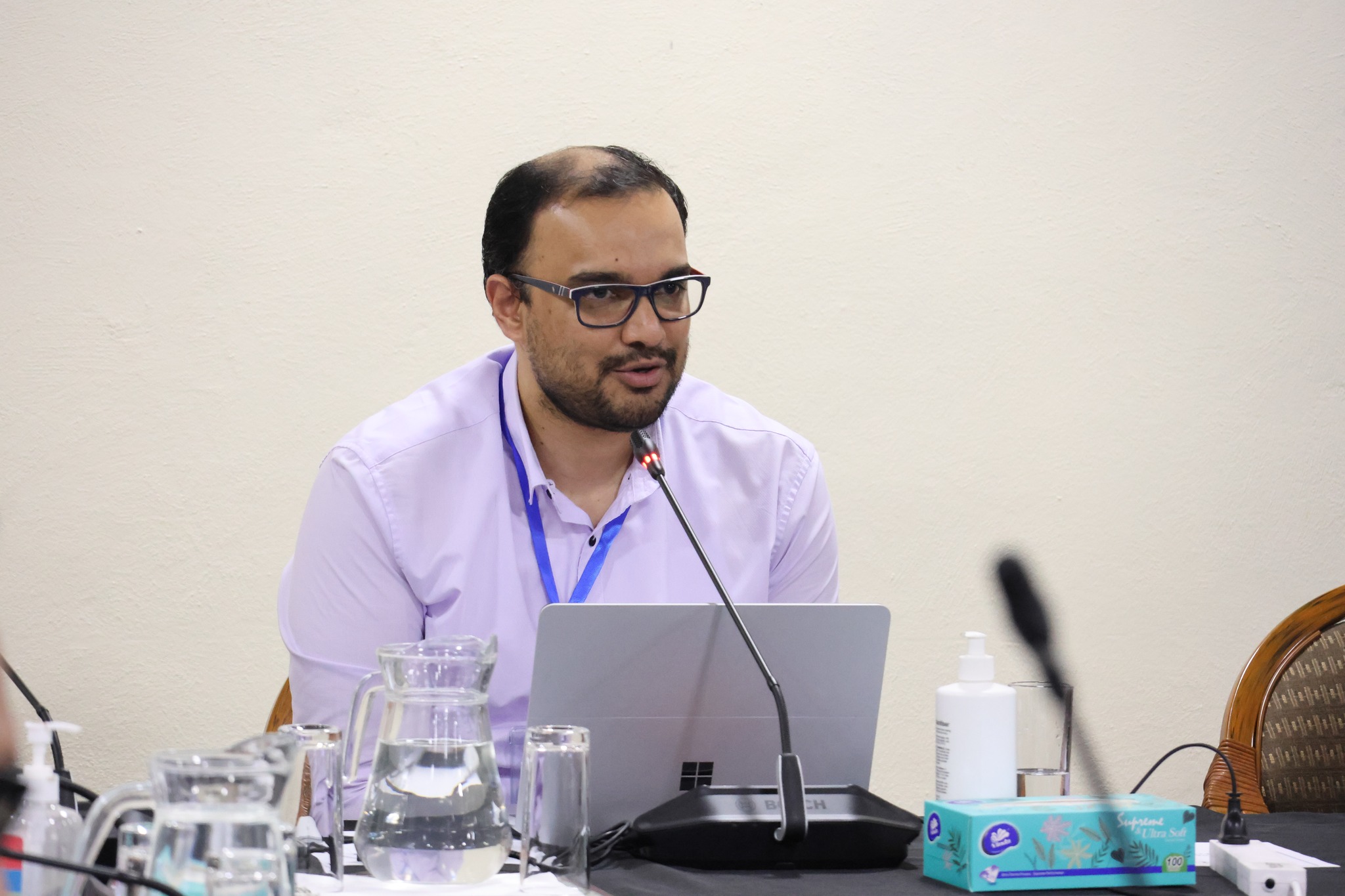Pacific Labour mobility has been a strong force for helping Pacific post-COVID economic recovery, but social impacts are an equally strong concern for our nations, says the PIF Director for Programmes and Initiatives, Zarak Khan.
He told Pacific media fellows that discussions at the preparatory Finance and Economic Officials meetings Tuesday showed while many Pacific nations appreciate the boost to national economies through remittances and returning workers, more data and analysis is needed to help develop policy responses to address brain-drain and other impacts.
Organisations such as the World Bank and SPC have been asked to step up data analysis on the issue, and Forum Trade Ministers will be looking at a Secretariat draft of a Pacific Labour Mobility strategy when they convene in the coming weeks, said Director Khan.
“Members emphasised today that they don’t want the strategy only to look at economic issues, but also to look at the social costs of labour mobility in terms of its impact on families and children, and generally the social fabric in all our countries,” he said.
Earlier in the day, journalists had also heard from World Bank officials in a special session unpacking the World Bank Pacific Economic Update, launched at PIF in the lead up to FEMM. The Update covers 11 Pacific economies and finds fragile global economic recovery poses a risk to the regional outlook, but that overall, labour migration can “significantly contribute” to economies.
Chairing the preparatory Forum Economic Officials Meetings this week, Cook Islands Secretary of Finance Garth Henderson noted the regional studies and assessments which highlight the issues of migrating for work, and says nations like the Philippines have experienced the social impacts.
“These are massive investments – where people go to countries who have shortages of labour, like New Zealand and Australia, and they add value to those economies. They earn money, they send back, they pay tax, they pay for education, for new houses—there are social consequences. They are not new social consequences,” he said.
SOURCE: PIFS/PACNEWS














